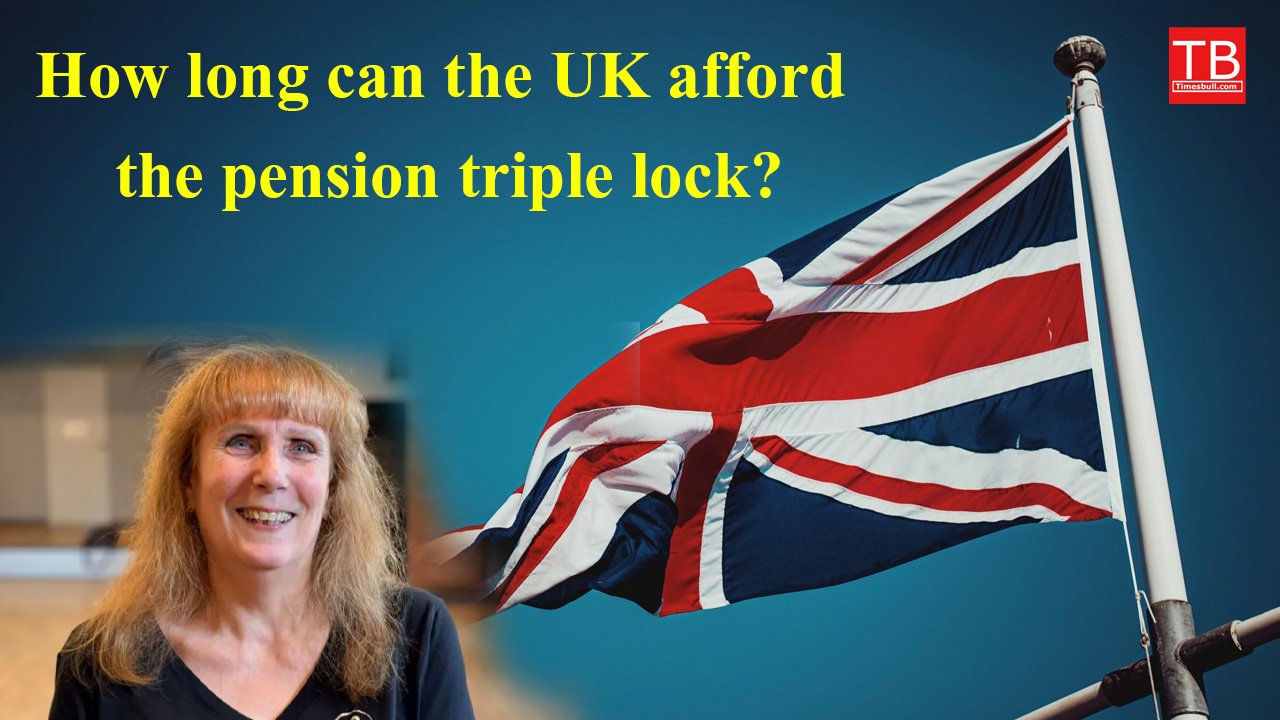At a weekly ballet class in Wokingham, dancers ranging in age from their 50s to their 80s perform intricate routines with remarkable skill, their energy undiminished by age. For many retirees like them, the announcement of a potential 4.7% increase in the state pension from next April brings both relief and hope.
-
According to figures released this week, the full new state pension could increase to approximately £241 per week, or £12,534 per year—a small but significant boost for many.
-
Some retirees, however, have concerns about fairness and sustainability:
-
Dancer Glenys says, “I’m really worried about people who rely solely on the basic state pension. It’s difficult for people who struggle to afford basic necessities like food and heating.”
-
Former architect Mary reflects on intergenerational challenges: “My daughter is expecting a baby soon and is starting to contribute to her pension. But I don’t really know what her child’s future will be like.”
-
UK state pension: what is the triple lock, and could it be ditched?
These perspectives highlight both the benefits of the Triple Lock system and the ongoing questions surrounding it.
What is the Triple Lock and how does it work?
-
The Triple Lock guarantees that the state pension increases each year by the highest of three measures:
-
2.5%
-
Inflation rate of the previous September
-
Increase in average earnings from the previous summer
-
-
With recent average earnings growth likely to be the highest, the state pension is expected to rise by 4.7% next April.
-
This policy has helped reduce pensioner poverty, but experts warn it is not a complete solution.
Rising Costs, Tax Concerns, and Demographic Challenges
-
The UK state pension is modest compared to other wealthy nations, so many retirees rely on personal savings.
-
Rising costs of essentials like food and energy add pressure on pensioners.
-
The new state pension is nearing the £12,570 tax threshold, frozen until 2028, which could trigger income tax for some retirees:
-
Former hairdresser Linda says, “It feels like giving with one hand and taking with the other.”
-
-
Longer life expectancy and declining birth rates are increasing pension spending, which reached nearly £140 billion last year, the second-largest public expenditure after healthcare.
-
By 2070, state pension spending could reach 7.7% of GDP, a 50% increase from today.
UK State Pension to Be Slashed by £130 Monthly in 2025
The Future of the Triple Lock
-
The government has promised to maintain the Triple Lock for the current parliamentary term.
-
Pensions Minister Torsten Bell describes it as a “complex tool”. Potential adjustments under discussion:
-
Limiting increases to avoid sudden inflation-driven hikes
-
Linking pensions directly to average earnings
-
-
Sir Steve Webb suggests a gradual system where pensions are a portion of average earnings that increase over time.
Frequently Asked Questions
-
Q: What is the Triple Lock for pensions in the UK?
A: It increases state pensions each year according to the highest of three measures: 2.5%, previous year’s inflation, or increases in average earnings. -
Q: How much will the UK State Pension be in 2025?
A: £241 per week, or £12,534 per year, from April 2025. -
Q: Is the state pension taxed in the UK?
A: Yes, income tax applies to pensions over £12,570 (threshold frozen until 2028). -
Q: Is the Triple Lock permanent?
A: Economists warn it may not be sustainable long-term due to rising pension costs, demographics, and public spending pressures. Alternatives may link increases more closely to earnings or inflation.
